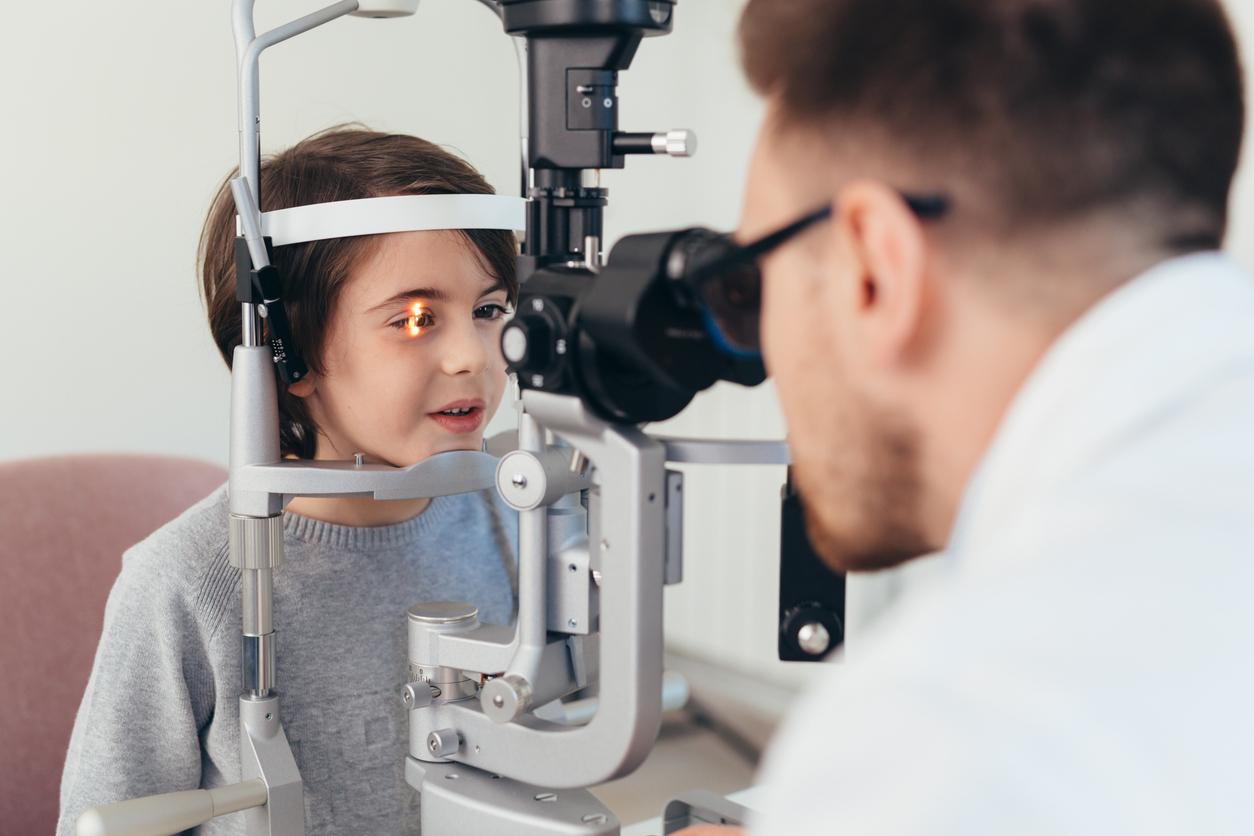The more infections children get, the greater their risk of developing a mental disorder. We are talking here about psychotic disorders, OCD, autism or Attention Deficit Hyperactivity Disorder (ADHD).

Infections that children get during childhood increase the risk of mental disorders later, according to a new study. These results shed light on the role of the immune system in the development of psychiatric pathologies.
All children born in Denmark between January 1, 1995 and June 30, 2012 were monitored for infections and mental disorders they may have developed during their lifetime. Result: “hospital admissions due to infections are associated with an increased risk of mental disorders. The same is true for less serious infections treated by the general practitioner”, describes one of the researchers Ole Köhler-Forsberg, from Aarhus University.
OCD, Autism, ADHD
Children hospitalized for an infection had an 84% increased risk of suffering from mental disorders and a 42% increased risk of being prescribed drugs to treat these pathologies. We are talking here about psychotic disorders, OCD, autism or even ADHD.
“This knowledge allows us to better understand the close link between the body and the brain, and the role of the immune system in the development of mental disorders. Once again, we show that physical and mental health are closely linked”, congratulates Ole Köhler-Forsberg. “We also found that the risk of mental disorders is higher right after infection, confirming that infection impacts the development of mental disorder,” she adds.
One in four
According to these calculations, the risk of new mental disorders was multiplied by 5.66 during the first three months following hospitalization for infection.
The WHO defines mental health as “a state of well-being in which a person can realize himself, overcome the normal stresses of life, perform productive and fruitful work and contribute to the life of his community.” In France, it is established that 4.3% of the general population are affected by phobic disorders, that 12.8% of people have suffered at some point from generalized anxiety disorders and that bipolar disorders affect 3.7% of the population. general population. In total, one person in four suffers from a mental illness, but almost two thirds will never seek treatment from a professional.

.
















